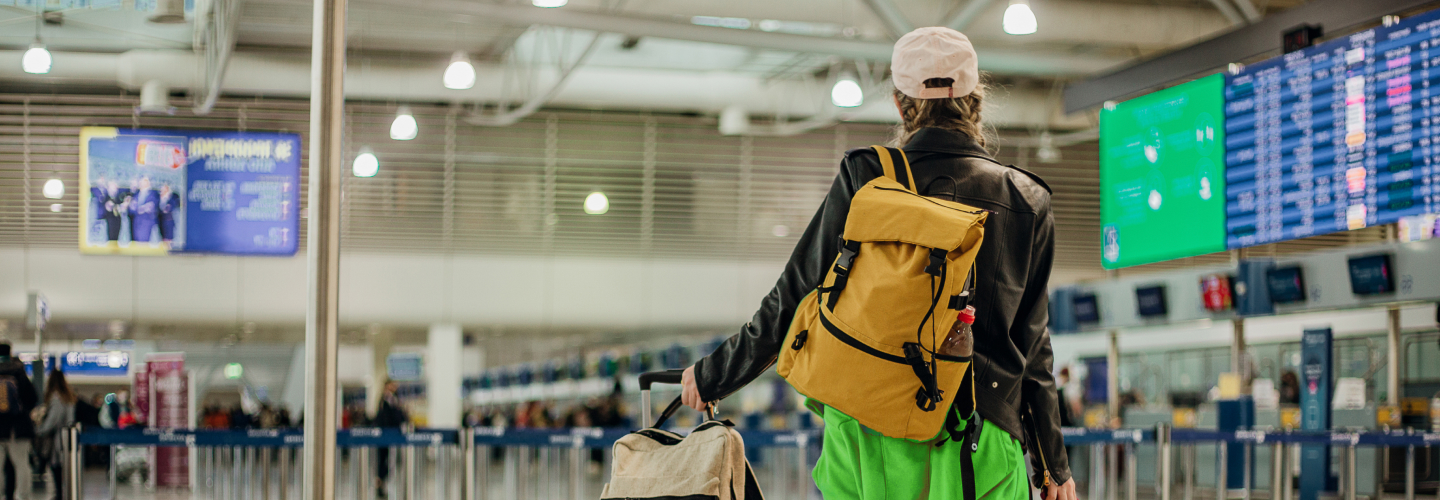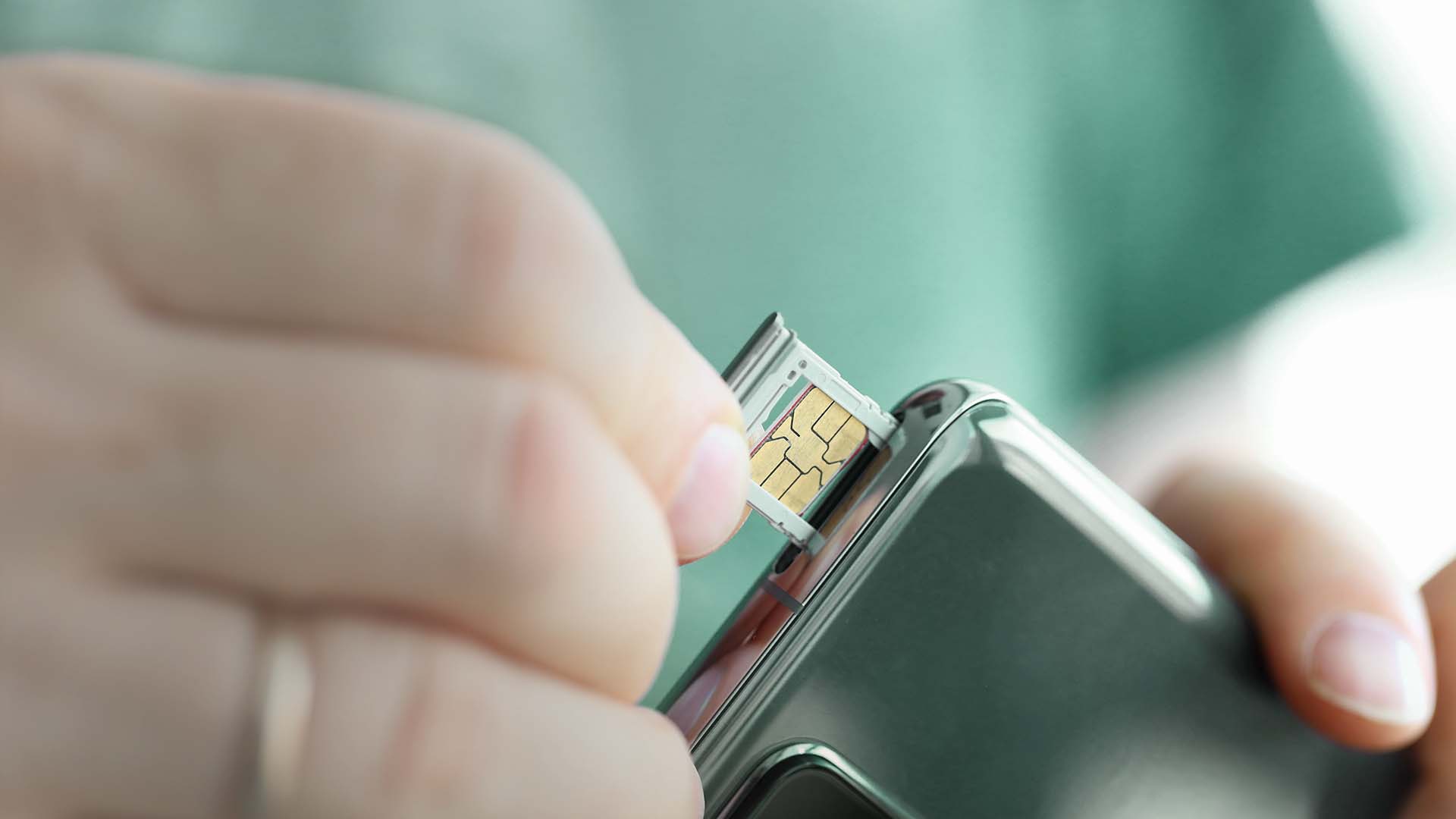The excitement of visiting a new country can make you forget to stay on the lookout for potential scams and pitfalls. Falling for a con could ruin your trip, so we’ve put together a list of some common scams targeting holidaymakers and business travellers. Follow our practical tips to protect yourself and your finances while travelling and enjoy peace of mind on your vacation or business trip.
Some common travel scams
Inflated taxi fares
When you’re in a new city, taxis are often a convenient way to explore. But taxi scams can put a dent in your budget. Some drivers exploit their local knowledge, counting on your unfamiliarity with the area. They’ll choose an indirect route to your destination that’s longer than it needs to be to make you pay more. They may even use traffic as an excuse to take the longer route.
Stay alert, check the recommended routes on a mobile map app, ask locals for advice and rely on trusted services.
Black market money exchange
Buying foreign exchange on the black market can expose you to a scam. Locals might seem to offer better rates than banks, but they could also swindle you. They might run off with your money or give you fake or outdated banknotes. Don’t exchange currency with strangers you meet abroad, even if their offer seems tempting.
Before your trip, familiarise yourself with the current exchange rate and learn what the local currency looks like. Get to know the security features of the bills and coins. Even when you buy forex from a legitimate source, count your money carefully and check for any signs of tampering or counterfeiting. If something seems off, don’t accept the money and ask for new banknotes.
For physical currency conversions, ask your bank about forex rates directly. You can avoid the potential risks of changing money completely by using a digital payment option like the Nedbank Travel Card. It allows you to load multiple international currencies at fixed rates and offers added benefits like travel insurance and emergency assistance.
Phony photographers
Beware of the ‘photo fee’ scam at popular tourist spots. This scam is old – it goes back to the days when cameras took pictures on a roll of film that then had to be developed. Originally, it would involve a photographer taking your picture, and then sweet-talking you into paying upfront for a copy, which they promised to mail to your address after it was developed. Of course, the photo would never arrive – sometimes there wasn’t even film in the camera.
Stay vigilant, especially in crowded or isolated areas where scammers tend to operate
Digital cameras and smartphones have made this scam even easier. A friendly stranger might offer to take your picture at a scenic spot on your own phone or camera – but if you hand it over, they could try to steal it outright, or else take the picture and then demand payment before they’ll return your digital device.
This can be an expensive experience – and frightening, if the shakedown includes threats or a hostile crowd. Rather capture those picture-perfect moments yourself. Don’t trust every helpful stranger, and use a selfie stick if you want to be in all your pics and vids.
Safeguard your phone, camera, digital accessories and other valuables when you’re on the move. Make it more challenging for thieves by attaching a wrist or neck strap on your devices. When you’re not capturing moments, keep them in a secure pocket or bag – never let them out of your sight. For that extra layer of security, consider travel insurance that covers theft or loss of your camera or phone.
‘Free gift’ scam
While you’re exploring a popular destination, a stranger might approach you and offer to make a free bracelet, claiming it’s a sign of friendship or a local tradition. However, once the bracelet is on your wrist, they’ll demand a ‘donation’ to cover the cost of the materials. Sometimes, making you a bracelet might be a distraction while an accomplice tries to pick your pocket.
There is also a ‘struggling artist’ variation of this scam, in which the artist insists on giving tourists a ‘free’ CD, but then pressures them into ‘making a donation’. The desire not to offend or be culturally insensitive can cause victims to hand over the money, just to avoid embarrassment.
You should politely refuse any offers of ‘free’ items from strangers and move away from the situation. Be cautious and don’t allow anyone to touch you or your belongings without consent, and always keep a watchful eye on your valuables.
Stay vigilant, especially in crowded or isolated areas where scammers tend to operate. If you happen to get caught in this scam, stay composed, try to remove the bracelet or leave the gift, and promptly exit the scene. If you feel threatened, don’t hesitate to seek out local authorities or shout for help.








